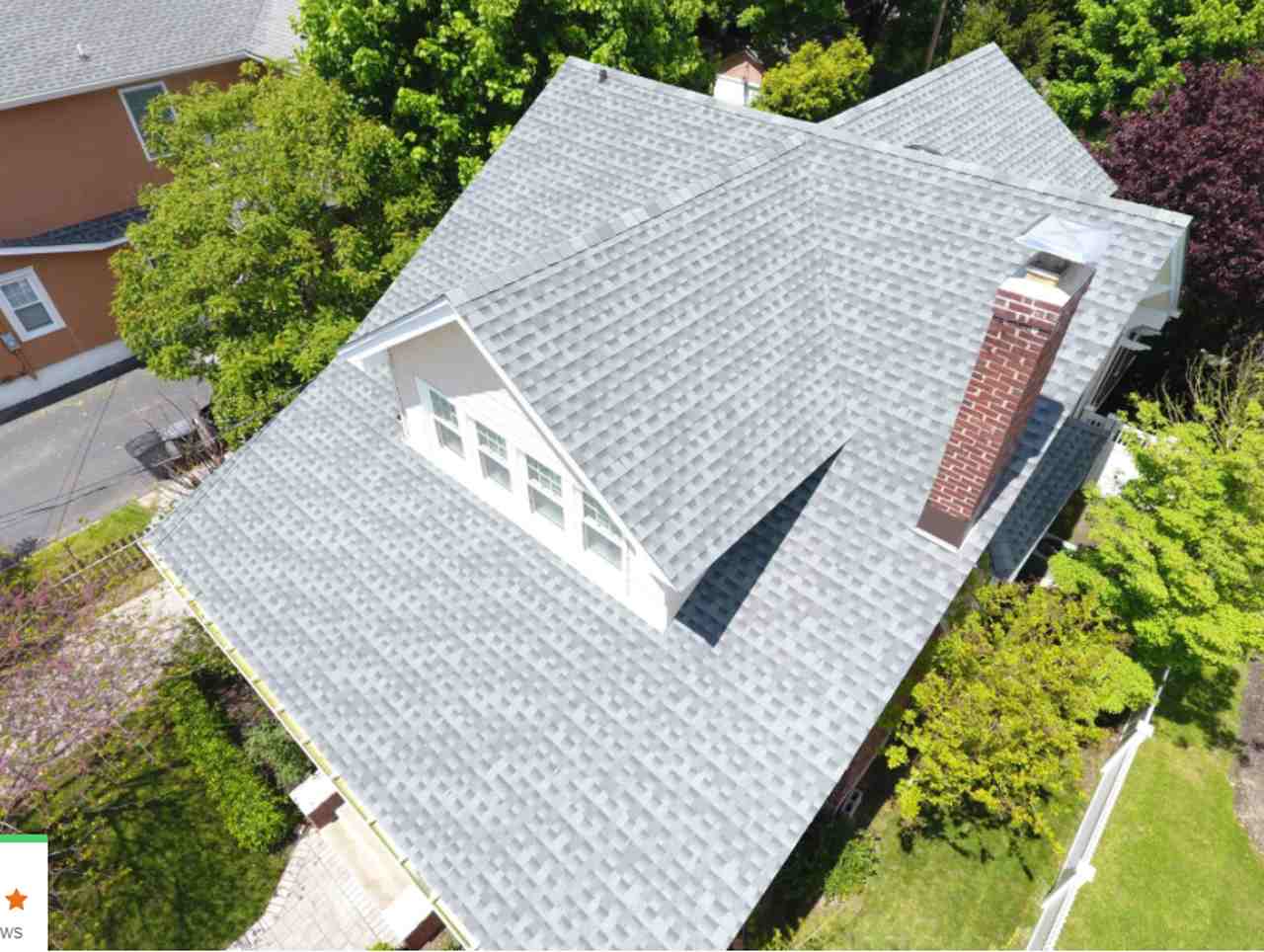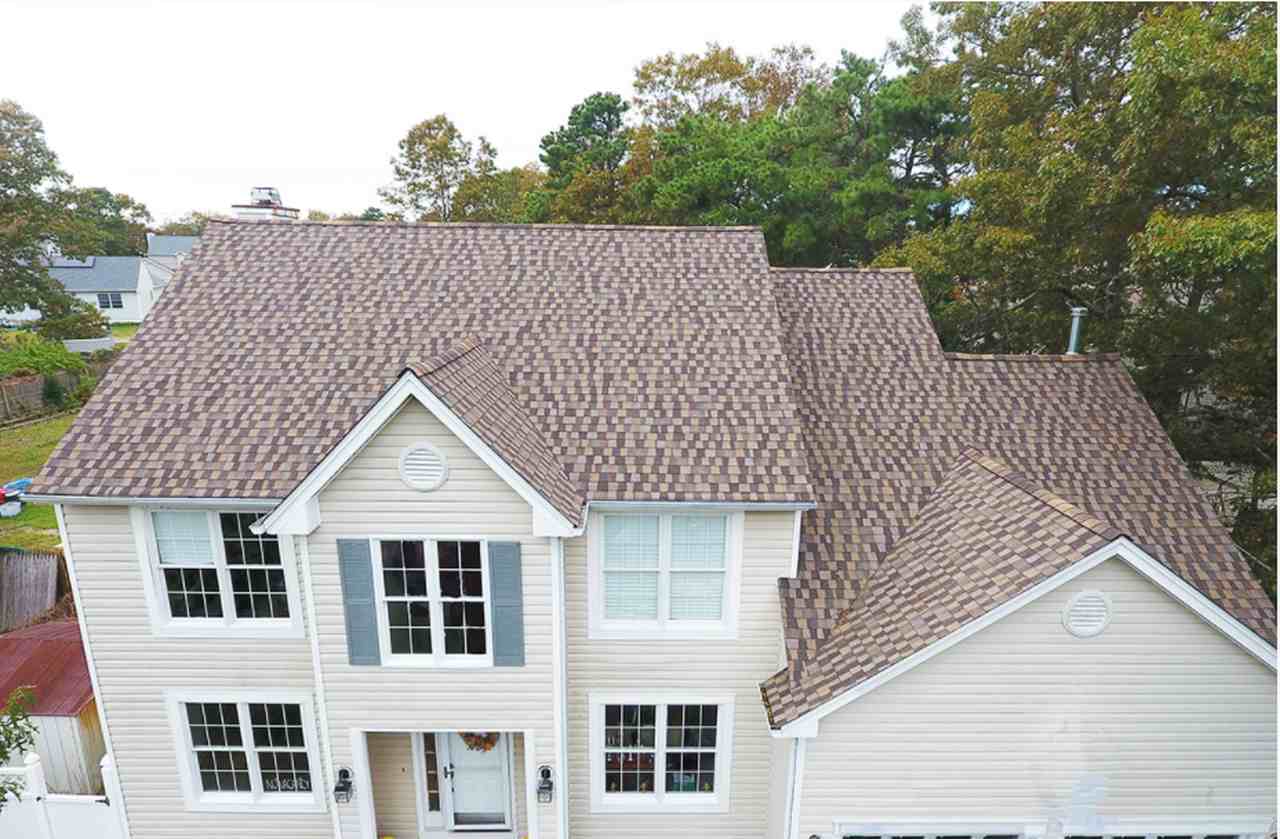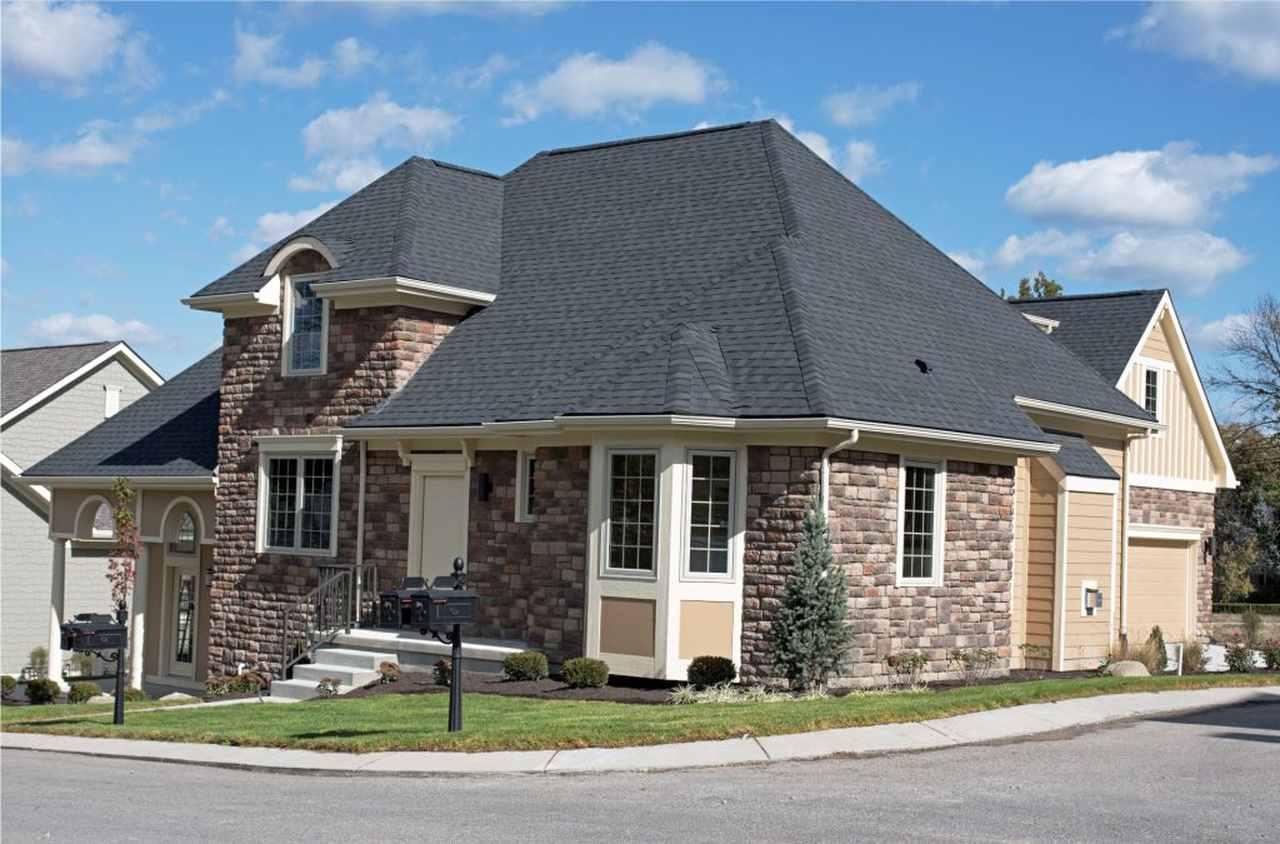How Do You Negotiate a New Roof?
Posted by Corey Zeller Comments Off on How Do You Negotiate a New Roof? Uncategorized
How Do You Negotiate a New Roof?
Giving up on your dream home because of a faulty roof is the last thing you want to do. Roof replacement can indeed be a deal-breaker in home improvement. Even with minor defects, a roof repair cost can amount to a substantial sum. So, how do you manage to buy a new roof without spending too much money?
You may want to approach and compare at least three roofing contractors for detailed estimates. But there’s more to roof replacement than getting a contractor. Here are a few things to consider before installing a new roof.
Discuss the Potential Impact of Roof Replacement
A competent company should help you assess the impact of changing your roof. Their physical assessment will cover factors such as needs, challenges, and the best and most affordable installation.
Your roofing contractor will also advise on the nature of replacement: whether it’s a total or partial project.
Similarly, they should also guide you through the steps of ripping out the old asphalt roof. Having the roofing materials sent to a dump is part of every replacement project.
Whatever recommendations are offered, your contractor should have a connection to your expectations about your roof, so there’s no problem in asking for guarantees.
As you know, a great roof is essential to protecting your home against external elements, as well as upholding the integrity of your home. Therefore, ensure your roofing contractor elaborates clearly on how your upgraded home’s roof will protect your house well into the future.
Making promises may be a challenge for some roofing contractors, but they will enable you to understand the future expectations of your roof. In simpler words, your installation cost will rely on the damage liability of the new roof and in the near future. Negotiating for a better price may be reliant on their promises and your expectations in their delivery.
Assess the Materials for the New Roof
Know the roofing material your contractor recommends and the reason for their choice.
Even better, ask your contractor to handle the more significant research work, given their expertise and ample knowledge in the field.
This way, they can tell you the best roofing materials to boost your home’s value and durability.
The type of roof replacement you plan on having on your home will impact its performance, appearance, and longevity.
You need a basic understanding of the available types of roofs, the purchase price of each, and what they have to offer.
Discuss all of the available differences with your contractor before your final quote. While you may have your own concepts of what to expect, it is vital to crosscheck with what the contractor vouches for.
Furthermore, you need adequate knowledge of the different materials during your negotiation. If possible, inquire about the materials’ purchasing process to do it yourself to save on some costs.
Most roofing materials are asphalt shingles, but some unique needs are divided into the following broad categories:
| Roofing Material | Description |
| Shingles (composite, asphalt, and fiberglass) | This is the most popular option that most American homes use. |
| Solar tiles | An appropriate option for sunny roofs. They generate 1kW per 100 square feet. |
| Metal roofing | Made of durable materials like aluminum which are portable and long-lasting. The cost can be high depending on the design. |
| Stone-coated steel | This type of roofing is economical for areas with high wind and susceptibility to fires. |
| Slate roofing | Most effective in wet climates, with a lifespan of over 10 years. However, it is expensive, heavy, and fragile. |
| Clay/concrete tiles | Are best used in warm and dry climates, and areas prone to strong winds. They need specialized design and installation. |
| Green roofing | This type uses plants and is a favorite for dwellers in urban heat islands. It needs specialized structural support. |
Get Warranty Transparency

Settle any unforeseen project costs before signing anything. Ask for a written proposal in advance to help you stick to your budget. This will also help you stay ready for any future surprises.
For instance, there are high possibilities that your roofing contractor might discover further damages not predicted during roof replacement. These damages include:
• A decomposed decking: It is a significant roof issue that roofing contractors discover while ripping off decayed or soft roof decking.
• Scarce decking: A decking that is either bouncy or springy will need fresh sheathing
Usually, most roofers provide their clients with manufacturer’s warranties that keep them safe from damaged equipment. Others give additional new roof installation guarantees, including handling any possible damage to your house. For a low-priced installation, the warranty may be shorter than a more expensive installation project. Ultimately, the numbers rely on the specifics of your system and your roof fitting.
Don’t leave anything out while discussing the project with your contractor. Understand what’s in the warranty’s package, and ask when in doubt.
Assess the Reputation and Experience of the Roofing Company
Every municipality or local government has criteria that each roofing contractor should meet. Consult the directory in your local area before hiring.
Good contractors exhibit the following qualities:
• They’re experienced, and fully licensed for service
• They’re insured and bonded (this means customer protection in case of a dispute)
• They’re willing to provide estimates and references
Every roofing company/contractor has a service specialty. Inquire about the specific services offered by the roofers you’d like to work with. Some of the common services include:
• Repair of leaks and damages
• Weatherproofing
• Ventilation and insulation
• Roof cleaning and shoveling (in areas affected by ice and snow)
• Debris removal
• Gutter installation
• Window replacement
• Roof sealing, painting, and treating
Also, find out if the roofer can work on your roof and your gutters together, in case you need to service both. This type of multi-service project could save you money
Consider whether you’re dealing with an independent contractor or a company. While each group has its advantages and disadvantages, you want to check for their pricing as well as their references, reviews, and qualifications.
For instance, independent contractors are useful when thinking of quick necessary repairs. However, they may take more time on large projects like roof replacements. While you run a risk working with this type, you will be working with a familiar face for the entire duration.
On the other hand, companies usually come with manufacturer warranties and are known to quickly complete large jobs, as well as offer free consultations and discounts.
As you consider your contractor, you may want to ask the following crucial questions (feel free to ask more):
• What does your insurance cover?
• What are the roofing types that you deal with?
• Do you have room for free on-site inspection?
• How much do you charge for roof repairs?
• Does your service include a manufacturer warranty?
It’s crucial to list a few contractors and ask for multiple bids before settling on one that’s right for you. Consider the most competitive replacement cost that matches the best availability. This could be someone with 10–20 years of experience in roof installation.
Get Second Opinions From Other Roofing Contractors
If you’re wondering where to find top roofers, you can ask your real estate agent or look up your local area directory.
Insurance companies also chip in on house improvement projects by stating what they cover or not and even suggesting better and more affordable contractors.
Your primary focus should be getting more opinions and quotes for your project from about three competitor companies.
Make a note of the asking price from each roofing firm and what is included. Compare martials prices and other items like the cost to remove your old roof. If they offer a roof inspection before quoting, make sure to accommodate them.
Use all the acquired data from your research to negotiate with your chosen contractor.
Consider the Payment Options for the New Roof

Each roofer has payment requirements, plans, and interest rates. Consult with them to find out what options they have.
Most roofing companies will ask for a down payment of the current contract price before having the roof replaced. You can spread out pending payments done over the next several months/years.
Assess the interest rate and find out if you’re comfortable with it.
A large down payment may prompt the contractor into discussing a discount.
Better yet, you could consider home equity as an option. This is normally the current home value less the amount you still need to pay on your mortgage. For example, if your home costs $100,000 and you owe $40,000, your home equity amounts to $60,000.
The Federal Trade Commission states that you can borrow up to 85% against your home equity. In the case above, that would be a maximum of $51,000.
The caveat is that there would be consequences to defaulting on payment if you choose this route. And you could risk losing your home. It is safe to borrow the exact amount you need, and assess whether you can afford the resulting monthly payments.
Roof Replacement Shouldn’t Cost a Fortune
While the best way to finance a new roof would be using cash, other options abound, such as loans and real estate home equity loans.
Using a set criteria, you can hire the right contractor to replace your old roof.
Proven Contracting would be happy to serve you.
Call us today, and we’ll gladly provide expert advice on your roofing replacement.
Free Roof Estimates
"(required)" indicates required fields




